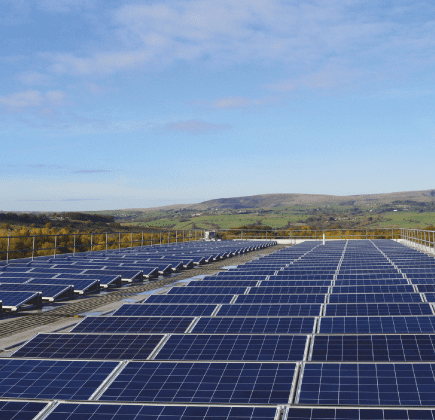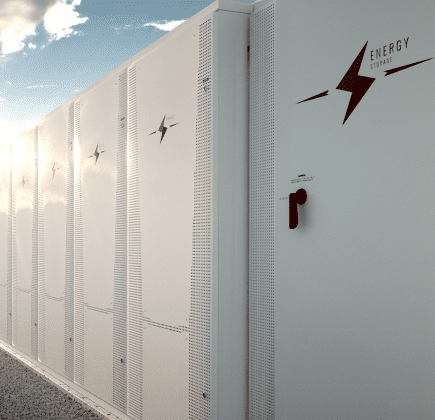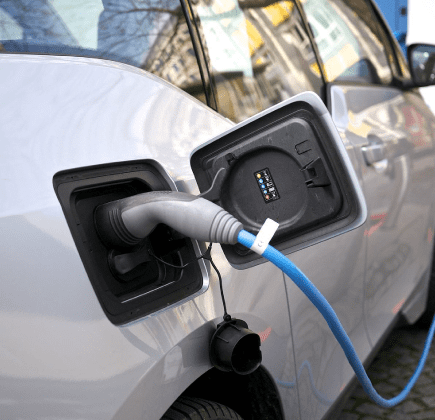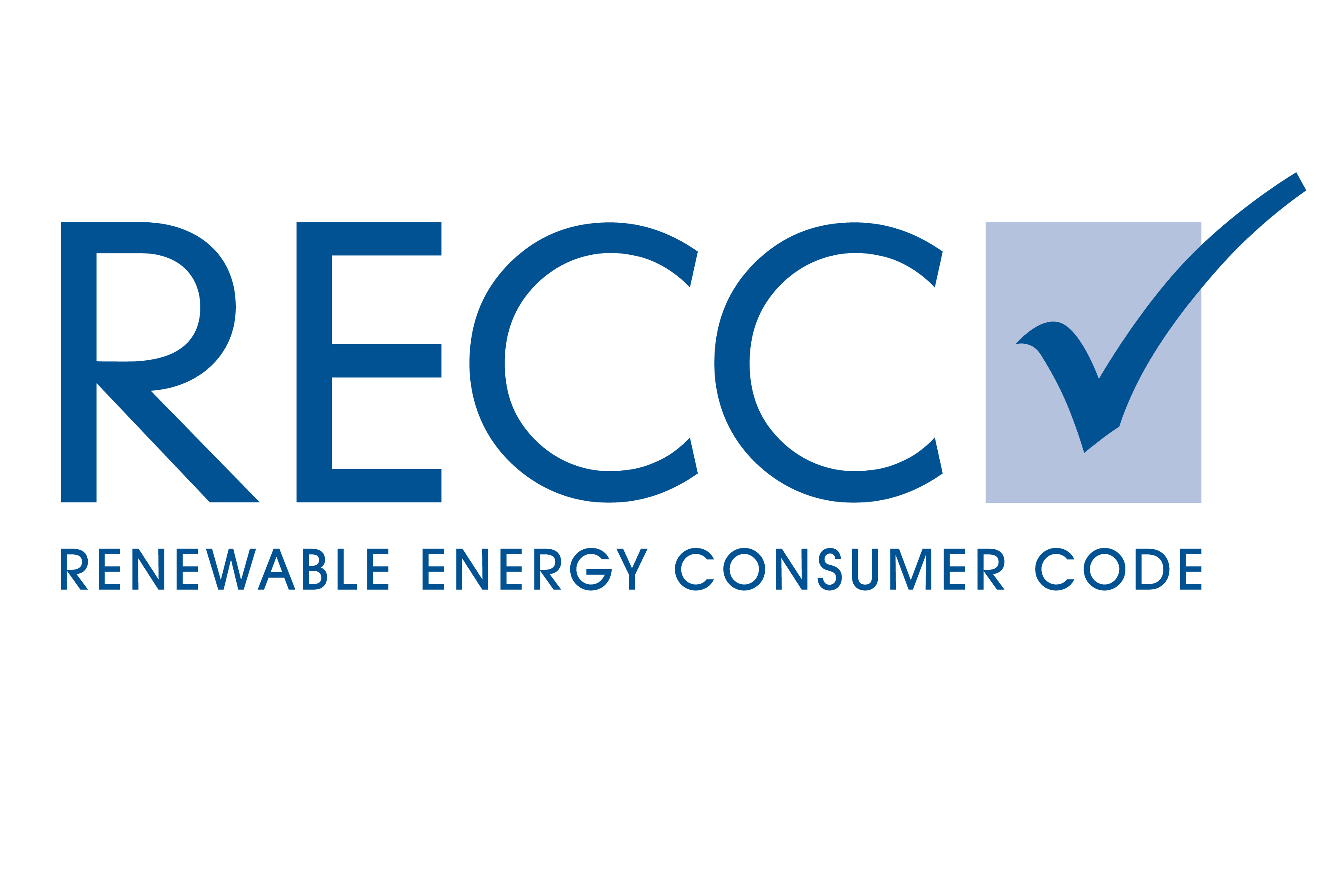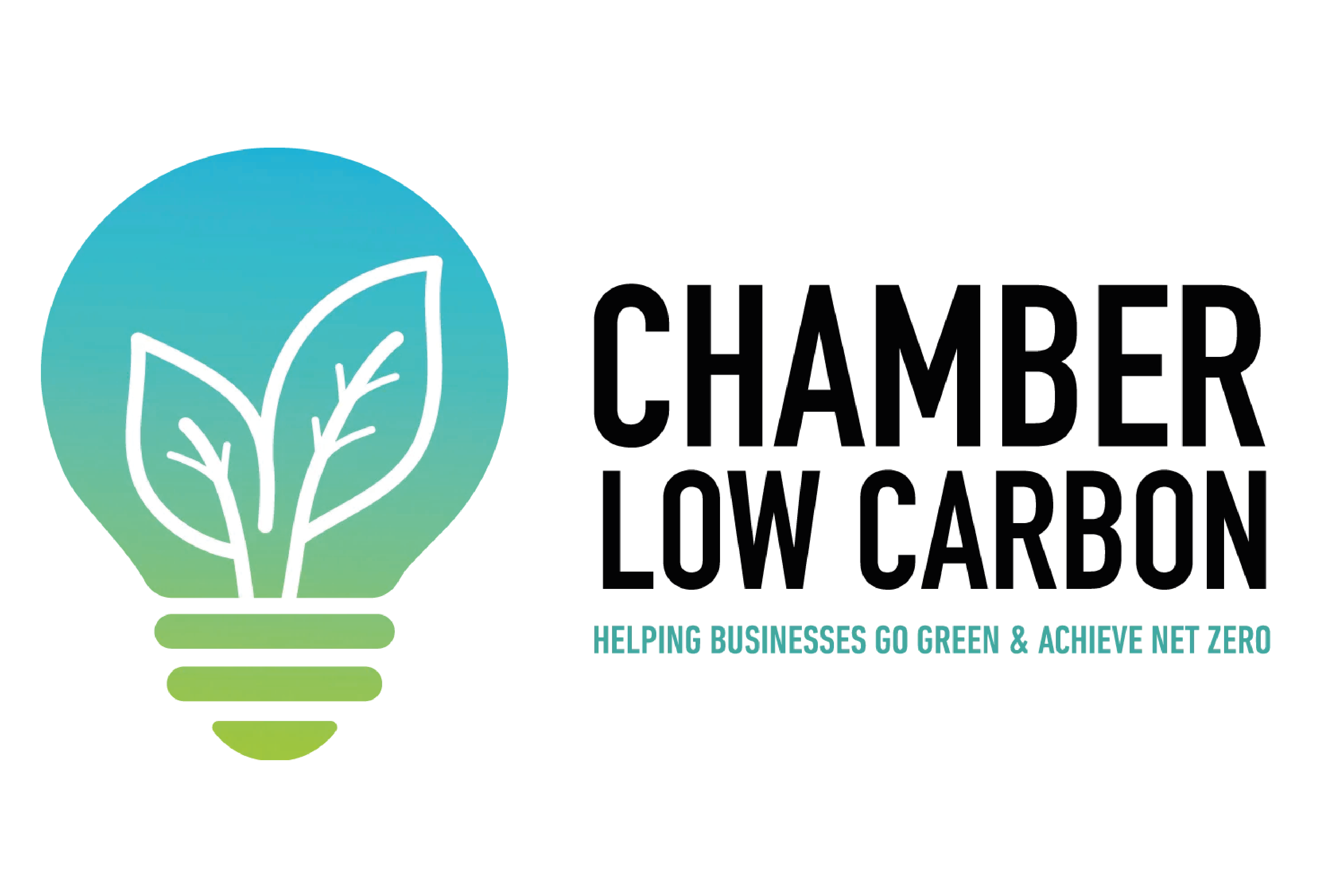
Could Spain-style energy restrictions happen in the UK?
Let’s be honest, 2022 been a slightly bumpy year for us in terms of energy news. You may have caught our recent post that collated some of the year’s biggest energy stories, and it paints a somewhat mixed picture. But there is one common thread running through most of it. Almost everything that’s happened this year emphasises the need for energy security – which is something we’re passionate about providing our customers with commercial solar panels.
Energy security has shot to the top of the priority list for a range of governments too, in the wake of Russia’s illegal invasion of Ukraine back in February. With so many countries dependent on Russia for their national gas supplies, it’s prompted EU countries to scramble for alternatives. In the meantime, most are looking for ways to limit their energy expenditure in the face of the seasonal extremes.

Spain is one notable example – back in August, it instituted energy restrictions for public facilities and commercial properties (but not necessarily private homes). The international community has been observing with interest, and now some people are asking – could we start to see similar restrictions in the UK?
What are the new rules for Spanish businesses?
Back in early August, Spain brought in strict measures to save energy by limiting air conditioning in commercial businesses. The government order mandated that businesses like hotels, restaurants, shops and bars can lower their air conditioning no further than 27C.
Businesses are also now obligated to close their doors to stop cold air from escaping – by the end of September, any air conditioning or heated premises had to have an automatic door-closing mechanism installed to avoid energy waste. Lights were also to be turned off by 10pm. Obviously the air conditioning is less of a concern in winter – but businesses cannot turn their heating systems up further than 19C.
Similar measures were already in place for public buildings, and they’re voluntary in individual households for now.
Why has Spain brought these in this year?
The new plans are part of an EU agreement to cut gas use by at least 15% between August 2022 and March 2023, in an effort to reduce reliance on Russia’s gas in the wake of its invasion earlier this year. In fact, the European Commission is planning to end its reliance on Russian supplies entirely before 2030.
Spain isn’t as dependent on Russian energy supplies as other EU members (such as Germany), but has nevertheless agreed to a 7% – 8% reduction in gas usage. The measures will remain in force until November 2023.
There appears to be a significant amount of public support for the measures, however awkward they might be – according to the National Grid, energy usage in Spain fell by 5.3% on the first day in which the measures came into effect.
However, not everyone was happy about the measures. There was particular resistance in the tourism sector back in August, when the rules were first brought in, as there were concerns that it would make business premises too uncomfortable (and therefore unappealing) to tourists. Tourism makes up 12% of the Spanish GDP.
Francisco Salado, president of the Costa del Sol tourism authority, notably told Sky News that “We wanted satisfied tourists, not roasted tourists or those that are afraid to walk the dark streets.”
The regional leader of Madrid, conservative populist Isabel Díaz Ayuso, also rejected the new measures, saying “Madrid isn’t going to switch off.”
So could energy restrictions happen in the UK?
It’s certainly possible, but it’s difficult to say with certainty at the moment. It’s worth noting that Spain and the UK have different energy mixes – in 2020 alone, Spain imported just over 10% of its natural gas imports from Russia. In the UK meanwhile, Russian fossil fuels only made up 4% of the gas used in the UK in 2021.
However, although we’re not hugely reliant on direct imports from Russia, we do import a significant amount of our energy from European neighbours, so we’re far from immune to European market factors – any scramble for supplies by other countries on the continent threatens to have a knock-on effect on supplies to Britain too.
Now, there have been talks about energy rationing in the UK for months, and even though ministers have recently ruled out a national initiative like Spain’s over the winter, the unfortunate truth is that some people think the reality may end up being at odds with the government messaging.
When Liz Truss came to power on in early September this year, she was quick to state firmly that the government would not mandate energy restrictions on a national scale. Fast forward barely a few weeks to Rishi Sunak’s premiership, on the other hand, and there was already a planned campaign in the works to ask households to turn their thermostats down and use dishwashers and washing machines at times when national demand was lower.
The plan was being developed by the government’s Business Department, energy companies and National Grid. By early October though, the government’s official line was that there were now “no plans for the government to tell the public to reduce usage for the sake of our energy supplies”.
This may come as something of a comfort to the general public initially, but it’s also worth bearing in mind that there are still reports the National Grid is preparing for blackouts across the next few months. If there were gas shortages and the weather was severe, Britain may experience power cuts for around four days in January. There are also smaller, less large-scale plans to nudge the UK into using less energy this winter – some energy suppliers have already been asking their customers to reduce their electricity supplies in a bid to stave off the prospect of national blackouts.
Both the National Grid and the UK government are providing official reassurances that Britain is prepared for the prospect of energy shortages over the winter, but it does all go some way to underlining the importance of energy security. And while we may not be policymakers here at Low Carbon Energy, we can certainly help your business achieve energy security through a tailored commercial solar panel installation.
Our experts have over 30 years of combined experience, having helped SMEs and large corporations across a wide variety of sectors transform their business’ energy supply. Each of our installations is bespoke, and we tailor your solution on your specific energy profile, helping us to maximise carbon reductions and save you up to thousands of pounds in energy bills.
Feel free to look at our case studies for just a few examples of businesses which have reaped huge rewards from solar, such as Boeing and Irish Water. To find out how we can help you, feel free to give us a call today on 01282 421 489!
 Energy Technology
Energy Technology

Powering your present. Preserving your future.
Call us on 01282 421 489

strategy be a priority?

